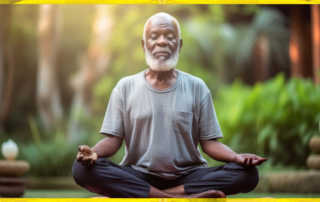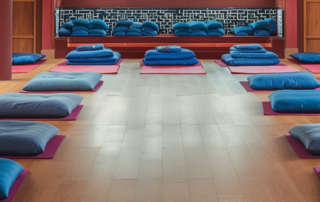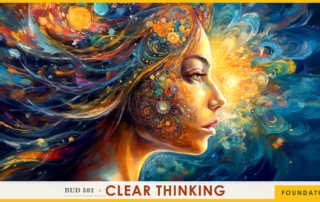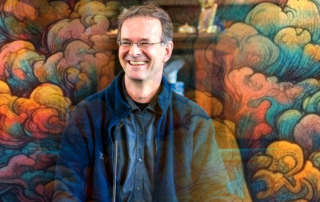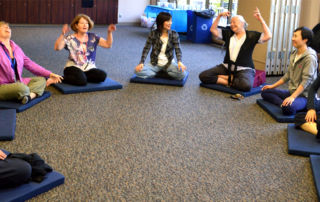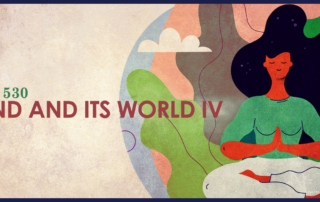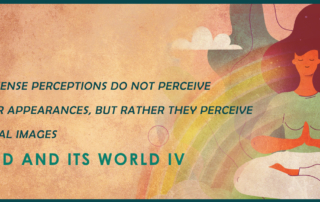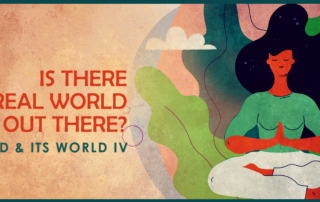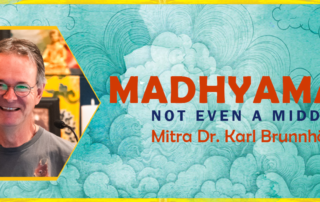Mind and Its World II: How Mind Engages with its World
Mind and Its World II: How Mind Engages with its World After exploring how mind cognizes in a valid or non-valid way in the first course in the Mind and Its World series, we are ready to look at how the mind works from the perspective of the way in which it engages with its objects, also known as “modes of engagement.” We spend a lot of our time engaged with our concepts, though we are rarely aware of this. Of course the conceptual mind is very useful, we need it to navigate our experiences of the world. But it is not a direct perception, it does not
